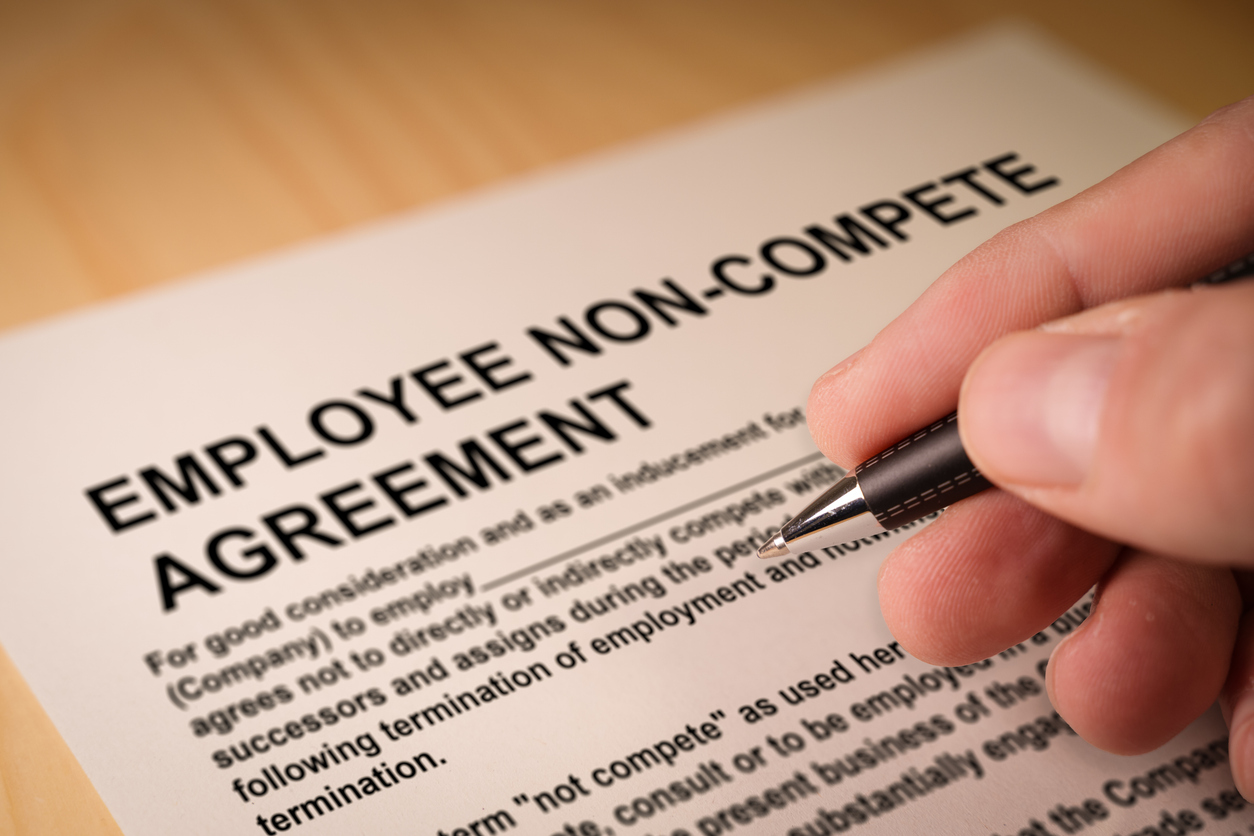The answer to this question would have been “no” until a Texas appellate court sustained first amendment challenges to Texas law last week.1 Now, the answer in Texas is “maybe.” The matter is not resolved because the case has now been sent back to the trial court where evidence and facts will put a lot “legal meat” to this legal controversy.
The appellate brief introduces the argument made the roofing contractor:
Stonewater filed this constitutional challenge because it is illegal in Texas for Stonewater to talk about certain topics with its clients and their insurers. Stonewater is a professional roofing company, meaning that its employees talk to home and business owners who want to buy or repair a roof with money they expect to receive from their insurers. But before an insurance company will pay for Stonewater’s roofing services, it must first be convinced that they are necessary, fairly-priced, and covered by an insurance policy. Not surprisingly, that requires talking to Stonewater.
While Stonewater wants nothing more than to talk to its clients’ insurers, the Texas legislature has made doing so a potential criminal act, or at least grounds for crippling civil and administrative penalties. Under Chapter 4102 of the Texas Insurance Code, Stonewater and other ‘contractors’ are uniquely and absolutely prohibited from discussing any topic falling within a statutorily-defined practice of ‘public insurance adjust[ing],’ regardless of whether Stonewater obtains or disclaims a public adjusting license issued by the State. Most relevant here, the statute defines the practice of public adjusting on the basis of speech; it broadly covers, and thus prohibits contractors from making, any statement with the function or purpose of ‘negotiating’ or ‘effecting’ the settlement of any insurance claim, or merely ‘advertis[ing]’ or ‘solicit[ing]’ the ability to do so.
No matter how desirable these prohibitions may be, they are presumptively invalid under the First and Fourteenth Amendments to the Constitution. At this stage of the proceedings, however, the first and only question before this Court is whether the prohibitions regulate speech on the basis of its content. And the answer to that question is undisputedly yes. As TDI admitted before the trial court, whether ‘Stonewater is purporting to act as a public insurance adjuster in a manner prohibited by’ the statute turns entirely on ‘the alleged contents of’ what Stonewater says. CR62. Although longstanding precedent requires the government to justify such content-based prohibitions under the First Amendment, the trial court granted the government’s Rule 91a motion to dismiss without explanation. As a result, Stonewater, a contractor personally aggrieved by the punitive restriction of its right to speak freely with its own clients, has been denied access to the courts. No ground asserted in the government’s motion can justify dismissal; no rule of procedure compels it. Stonewater is entitled to its day in court.
The summary of the Texas Department of Insurance argument found in its brief was:
This appeal concerns the State of Texas’s authority to license and regulate professionals engaged in commercial activity. Texas law prohibits the unlicensed practice of public insurance adjusting and prohibits contractors licensed as public insurance adjusters from providing public insurance adjuster services on properties for which the contractor is already providing, or will provide, contracting services. See Tex. Ins. Code §§ 4102.051, 4102.163 (‘Public Adjusting Prohibitions’).
Appellant Stonewater Roofing, Ltd. Co. (‘Stonewater’) sued to invalidate the Public Adjusting Prohibitions, asserting that the statutes violate freedom of speech and are unconstitutionally vague. Stonewater’s arguments fail as a matter of law because the Public Adjusting Prohibitions do not regulate protected speech, but instead regulate unprotected professional conduct. Stonewater argues that the Public Adjusting Prohibitions regulate speech based on its content, but its argument assumes that the Public Adjusting Prohibitions regulate speech in the first instance. They do not. Stonewater also cannot complain that the Public Adjusting Prohibitions are unconstitutionally vague because the statutes clearly proscribe the professional conduct Stonewater purports to perform.
The court provided, in part, these background facts:
Stonewater is a professional roofing company that repairs and replaces commercial and residential roofs in Texas. Stonewater is not licensed as a public insurance adjuster. However, Stonewater’s website purportedly includes statements such as it is ‘highly experienced with the insurance claims process,’ that it has ‘done thousands of roof restorations due to insurance claims over the years,’ and it ‘understand[s] the supplement process required.’ Stonewater’s website has also allegedly referenced the company as a ‘Trusted Roofing and Insurance Specialist’ and ‘The Leader In Insurance Claim Approval,’ having ‘developed a system which helps our customers settle their insurance claims as quickly, painlessly and comprehensively as possible.’ Some of Stonewater’s prior form agreements ostensibly contained language that ‘authorized’ Stonewater ‘to negotiate on [the customer’s] behalf with [the] insurance company and upon insurance approval to do the work specified.’ One of Stonewater’s customers sued it, arguing these statements violated the prohibitions set forth in chapter 4102 of the Insurance Code.
Here is an important part of the court’s ruling:
[W]e find the prohibitions here are both content-based, as the prohibition is dependent on the content of the communications, and speaker-based, because it is aimed specifically at roofing contractors, the speakers. Thus, the provisions are subject to strict scrutiny under the First Amendment. As such, the State would be required to present evidence to show that the prohibited communication had a direct causal relationship to the State’s compelling interest. Accordingly, we find Stonewater sufficiently pleaded a legal and factual basis for its First Amendment claim such that the trial court erred in granting TDI’s Rule 91a motion to dismiss.
This does not mean the roofing contractor has won the case. While it has won the appeal, the appellate court is sending the case back to the trial court so evidence can be presented. However, the court made the following significant statement regarding the constitutional challenge:
The provisions prohibit advertising or soliciting oneself as an adjuster of claims and acts on behalf of an insured in negotiating for or effecting the settlement of a claim. The statements made by Stonewater set forth above do none of those things. In none of the statements does Stonewater ever say it is a public insurance adjuster or that it is acting as “an adjuster of claims” as barred by section 4102.001(3)(B) of the Insurance Code and, accordingly, Stonewater had no reason to believe that any of the statements it made violated that provision. This is particularly true in the context in which its customers hired both Stonewater and a separate public insurance adjuster. Under those circumstances, Stonewater certainly had no reason to believe any of the statements it made violated the prohibitions. A customer would have no reason to hire a public insurance adjuster separate and apart from Stonewater if it was acting as a public insurance adjuster. Accordingly, Stonewater’s statements were not clearly proscribed, and it has sufficiently pleaded its claims under the Fourteenth Amendment sufficient to survive TDI’s …motion to dismiss.
The case will certainly generate a lot of discussion among everybody in the insurance claim business and with insurance regulators. Contractors and roofers won a first amendment case last summer in Florida with different issues as we noted in Contractors and Roofers Can Advertise! Part of SB 76 Already Found Unconstitutional.
I again caution that this case is still in its early stages. The current ruling merely sends the case back to the trial court and allows the roofer to have its case heard with evidence presented by both parties. But one cannot ignore the language and rulings about first amendment speech in this case.
Thought For The Day
It ain’t over till it’s over.
—Yogi Berra
__________________________________________
1 Stonewater Roofing, LTD., v. Texas Department of Ins., No 07-21-00016-CV (Tex. App. Feb 2, 2022).




